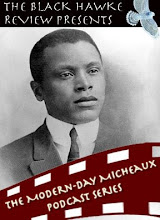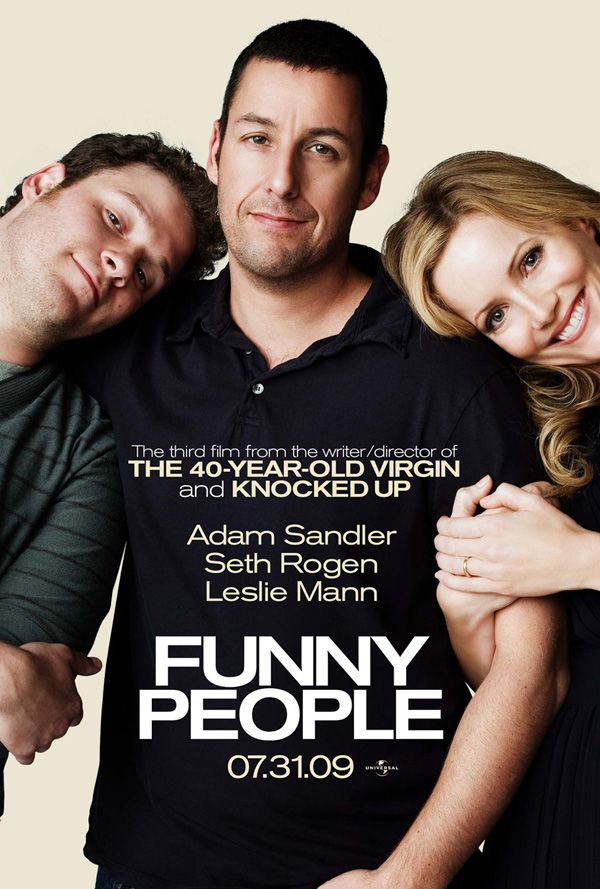 A women's movie goers wet dream? I may get flack for reviewing the biggest chick flick if there ever was one, but female driven films are just as important as minority films and I'll state why below. I'll also be reviewing high testosterone, ball-busting, Tom Cruise action flick Valkyrie later this week to balance the scale.
A women's movie goers wet dream? I may get flack for reviewing the biggest chick flick if there ever was one, but female driven films are just as important as minority films and I'll state why below. I'll also be reviewing high testosterone, ball-busting, Tom Cruise action flick Valkyrie later this week to balance the scale. Sex And The City (The Movie) is the big screen next installment of the HBO series centered around four middle-aged New York women who obsessive over their relationships. The center being Carrie Bradshaw, a fashionable love/sex columinist who nears closer to getting her "happy ending" with long-time romancer Mr. Big. The film also co-stars Jennifer Hudson in her first role, following her Oscar debut in Dreamgirls.
This may not be the popular "male" opinion, but as a TV series, Sex And The City stood for more than Carrie Bradshaw's boyfriend drama and high socialite New York fashion. At it's heart, Sex And The City was very introspective, often asking clever questions probing the dynamics of various types relationship woes. From questioning societies fascination with beauty by looking at modelizers to asking if two people can build a future together if they don't leave their past behind them, each episode represented a different aspect in the realm of sex, marriage, and love and we got to see it from the viewpoints of the four different characters and how it played out in their love life. The clip below is a prime example of this, where Carrie questions whether this new society can tolerate romance and if it even still exists. The clip below it is later in the episode, when Samantha, the resident whore, is so much about female empowerment that she won't even allow her boyfriend to hold her hand.
This is where the film fails. The TV series was always smart and introspective, but in the big screen adaptation the introspectiveness was left on the cutting room floor. We're merely looking at the lives of these women four years later after the series ended but what they go through says nothing about the trials in relationships we all face. The theme of the movie was "happy endings" (i.e. Carrie's marriage) and if they're as glorious as they seem to be, but nothing about happy endings is ever really said. And two-and-a-half hours is a long time to watch a movie that doesn't really say anything.
Other things are also missing from the TV series like the spunkiness of Carrie Bradshaw. In the TV series she was a realist trooper who believed in love but never let herself fall victim to it. In the movie, she is a love-misering pile of ooze whose life seems to revolve around her relationship with Mr. Big and the success/destruction of their wedding. The two Carrie's seems far apart making Carrie's wedding fiasco melodramatic at best.
Everyone, with the exception of Mr. Big, puts on a competent performance, but why shouldn't they. They've had 94 episodes to perfect their characters. A movie, even at 150 minutes, should seem like child's play. What surprised me though, is Kristen's Davis' audacious portrayal of Charlotte, a character I often took for granted. She's the goody gumdrop around the often frank and perverted group of gals, yet Davis' portrays her with understanding and love for her friends, but also a boldness to stand up and stay true to herself and what she believes. I never saw it before, but the essence of Charlotte's character is more complex than any of the other women, even Carrie herself.
All the other nuances for Sex And The City are still there. The sex, the nudity, the fashion, women's muskateer like-bond, and even the quirky quips the made Sex And The City so famous.
CULTURAL INTROSPECTION:
I support the Sex And The City Movie because, as I said earlier, films about women issues are just as important as films about minority issues. We all want to see the issues we deal with portrayed on the big screen. Hollywood has a history of neglecting women (not as much as minorities), but still, the more tolerant Hollywood becomes to stories about all different types of people, the more we all will benefit. And with the Sex And The City release, women showed they can be a powerful box office force to reckon with. So far, the film has grossed over 415 million dollars and women are also contributed to the reason Twilight was so successful. Women, just like minorities, are a subculture deprived of the depiction of strong, relatable characters and Hollywood attention. Maybe now, Hollywood will pay attention to all of us.
THE BLACK PERSPECTIVE:
Kudos to Jennifer Hudson, whom had a better showing here than she did in The Secret Life of Bees. But I have to give a thumbs down to screenwriter Michael Patrick King, who, given the opportunity to use an Oscar winner to add color to the often colorless world of Sex and the City, squandered it by putting her in a very small, non-important role with no real character. The four women represent different viewpoints of femininity, but what does Hudson's character represent. Not much. She's a young twenty-something year old who still believes in love. The other characters are so vibrant, yet Hudson's character falls flat. The only thing you remember about her is that she pays for her expensive accessories by not ripping of the tags so she can return them later. Not as blatantly racist as other black characters, but still a very "black" thing to do. She was also given less screen-time than any other major character, except for exhibitionist Giles Marini. This means, the producers were banking on her name, most likely to grab the black female audience.
RATING:
 = 2 Stars
= 2 Stars = 2 Black Fists
= 2 Black Fists














.jpg)
At least you are honest, which is a nice change of pace for a critic. You simply state your politics, that you like a film that agrees with your own political views. No mincing words.
ReplyDeleteArt and politics are two arms of the same body. It's always been this way, but nice to see such frank acknowledgement of your lens/bias.